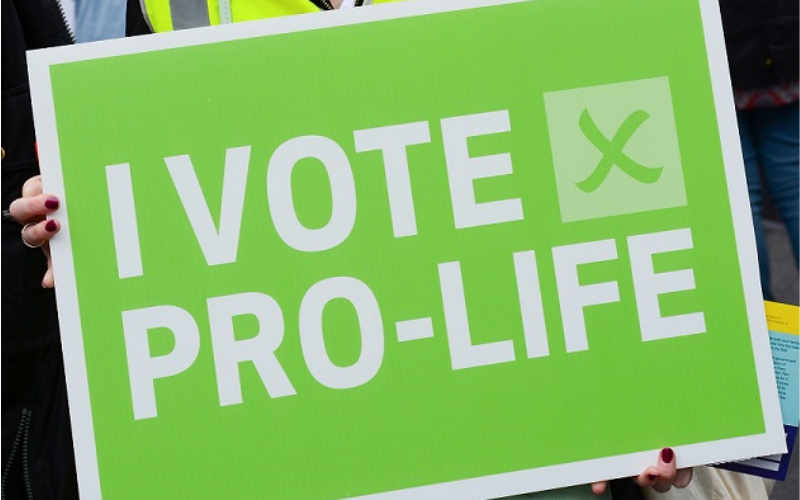A new Marist poll suggests a good deal of distance between what people think about the issue and what the Biden administration is trying to accomplish – that's according to David O'Steen, executive director of National Right to Life Committee.
"When you actually ask questions about when abortion should or should not be allowed, whether or not it should be publicly funding, whether or not people should have rights of conscience not to participate in abortion – you find that the American public is much closer to the pro-life movement than the pro-abortion movement," he summarizes.
The Marist poll showed 71% of respondents favor serious restrictions on abortion while Biden wants abortion up to birth – and taxpayers footing the bill.
"[On that particular question,] 64% said they did not support public funding of abortion – and over 70% didn't support using tax dollars to pay to support abortion organizations overseas," notes O'Steen.
The Biden administration has changed the rules on chemical abortions, supposedly to make them more accessible – and the Marist poll addressed that as well.
"Sixty-three percent oppose the new FDA guidelines authorizing sending abortion pills through the mail," the NRLC spokesman says.
The poll suggests the public knows the dangers of that practice, although those dangers are very well researched by the federal government. Several states have already passed legislation to ban sending the pills via the mail, and more are considering it.
Cities having their say
While more than two dozen states have passed or are considering "trigger laws" that would kick in should Roe v. Wade be overturned by the Supreme Court, more and more cities are taking steps to let residents approve their town as an abortion-free city.
So far, 43 cities nationwide have passed a "Sanctuary City for the Unborn" ordinance that bans abortions within city limits. Elected officials in some cities have been reluctant to take the step, so residents are taking it to the streets via petition drives to put the issue on an election ballot and let voters decide.
Pastor Ryan Buck of Immanuel Baptist Church in San Angelo led his church and others in doing so. The campaign, he explains, came down to the wire. "In the end, the day before the deadline, we collected 1,826 signatures total and that put it over the finish line," he tells AFN.
Other steps going forward include the proposed ordinance being published and city council holding a public hearing, but Buck believes they are on the road to success.
"The campaign phase will be critical for us to make sure we get the word out to everyone in the city," he offers. "The Catholic church has been fabulous, the evangelical Hispanic churches have really come on board strong, but there's just a lot of other mainline denominations [and] a lot of pro-life people that we're going to have to get engaged. But I feel like we'll get it done easily."
Abilene, Texas, is also conducting a citizen initiative to get it on the ballot so local residents can determine whether they want child termination centers in their city. The same goes for the Texas communities of Lindale and Plainview.







